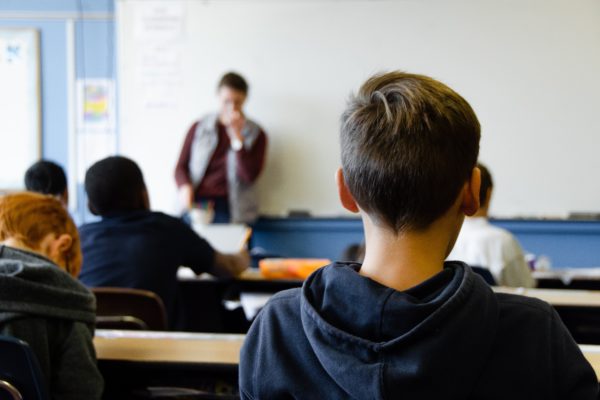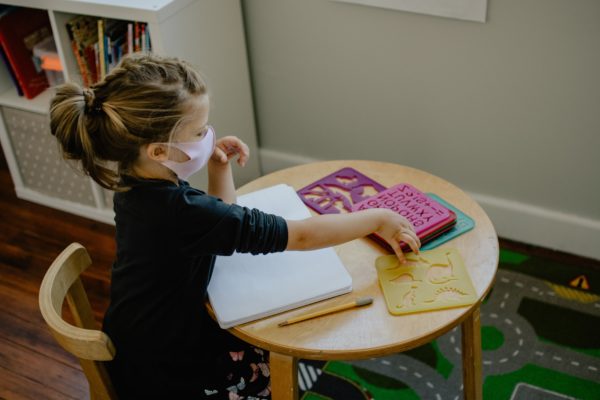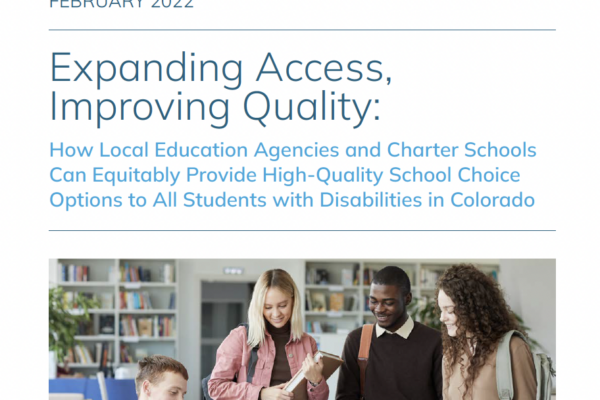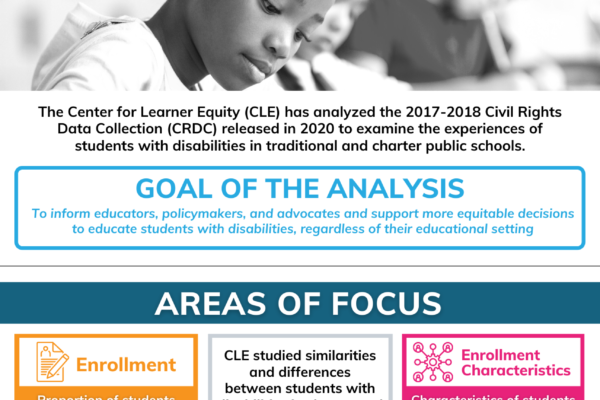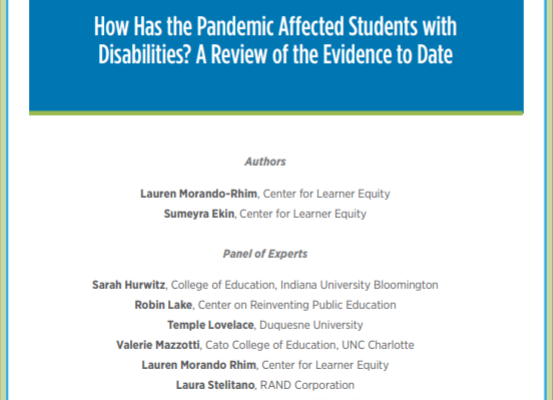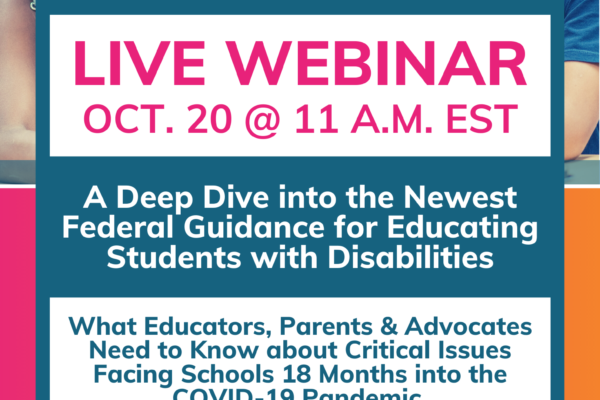CLE released “How has the pandemic affected students with disabilities? An update on the evidence: Fall 2022”, a report exploring evidence on how the Covid-19 pandemic has affected America’s students.
The Center for Learner Equity is proud to partner with the Educating All Learners Alliance (EALA) on the Inclusive School Spotlight Series podcast, hosted by CLE’s own Senior Director of Communications and Marketing, Caché Owens.
The Center for Learner Equity partnered with the National Charter School Resource Center to host a webinar entitled, “Providing Students with Disabilities Equitable Access to Charter Schools.”
The Center for Learner Equity partnered with CACSA to publish reports exploring policies impacting students with disabilities in Colorado and the experiences of families of students with disabilities navigating educational opportunities within the state.
The Center for Learner Equity (CLE) has conducted a secondary analysis of the 2017-2018 Civil Rights Data Collection (CRDC) released in 2020. The CRDC is the nation’s leading data set on civil rights indicators related to access and barriers to educational opportunities.
CLE’s latest brief, How Has the Pandemic Affected Students with Disabilities? A Review of the Evidence to Date, examines the impacts of COVID-19 on students with disabilities based on a review of hundreds of studies. In particular, the report highlights widespread disruptions to student’s Individual Education Programs (IEPs) and Section 504 plans. It also examines significant disparities in access to specialized services and draws attention to areas of further inquiry.
In this recorded webinar, Wendy Tucker, CLE’s Senior Director of Policy, discusses new US Department of Education guidance for upholding IDEA during COVID-19 and explores critical issues facing schools 18 months into the COVID-19 pandemic.
In 2016, the federal government rescinded a 2014 disciplinary guidance package that had served as a much-needed resource to schools and districts across the country, a decision that CLE opposed.
It is now time for the Office for Civil Rights (OCR) to issue new comprehensive guidance that advances equity for all students, especially those with disabilities. Guidance should ensure districts and schools stop using harmful exclusionary practices, including suspensions, expulsions, and seclusions, in lieu of individualized supports and services that address and ameliorate the behavioral needs of students with disabilities.
This brief comes out of our examination of leadership pipeline programs and specifically with individual leaders who have demonstrated exceptional commitment to improving education for students with disabilities. In particular, it focuses on their motivations and how to use that information to create future leaders.
This brief, written as part of a collaboration with Pathways 2 Tomorrow, introduces what we propose are critical components of a strategic, city-based framework, along with details regarding how this multi-pronged approach can drive systemic and sustainable change that will lead to better access and outcomes for students with disabilities.
